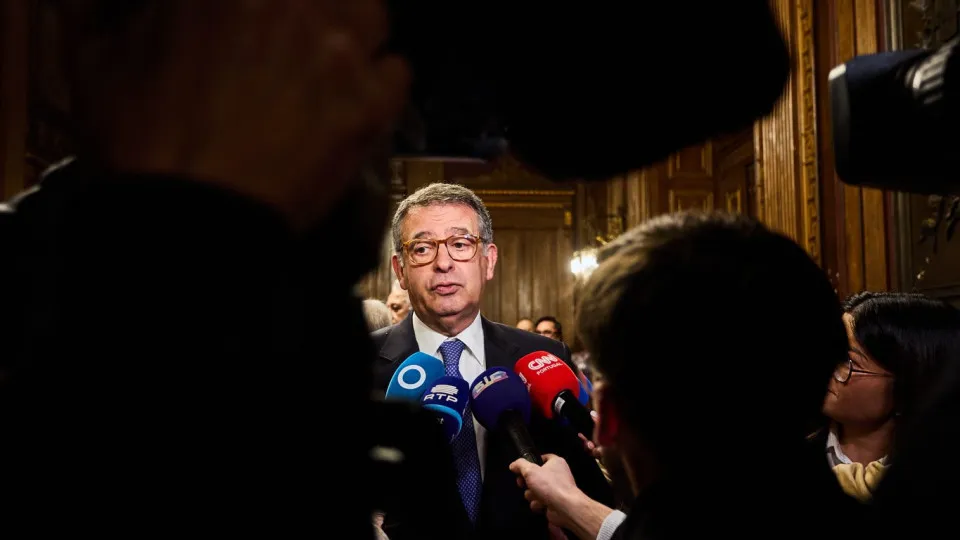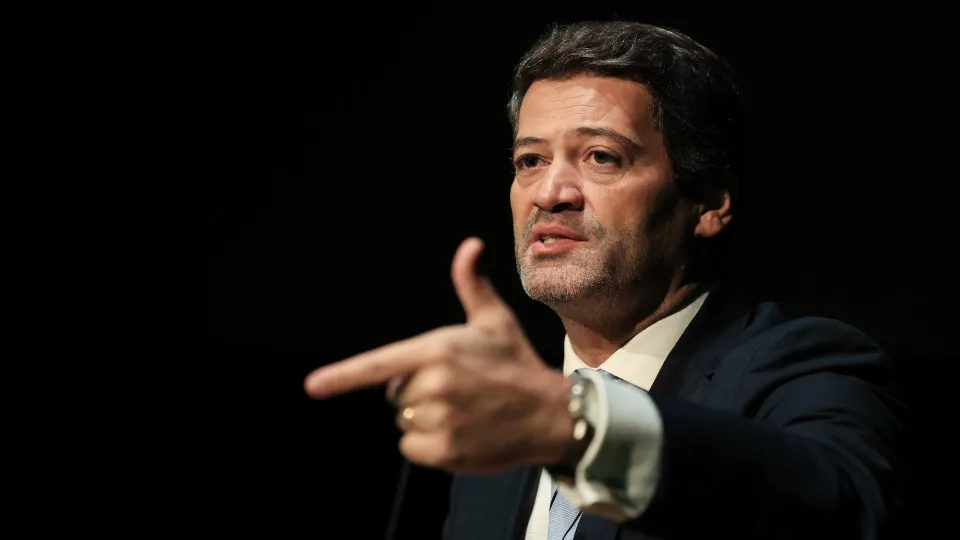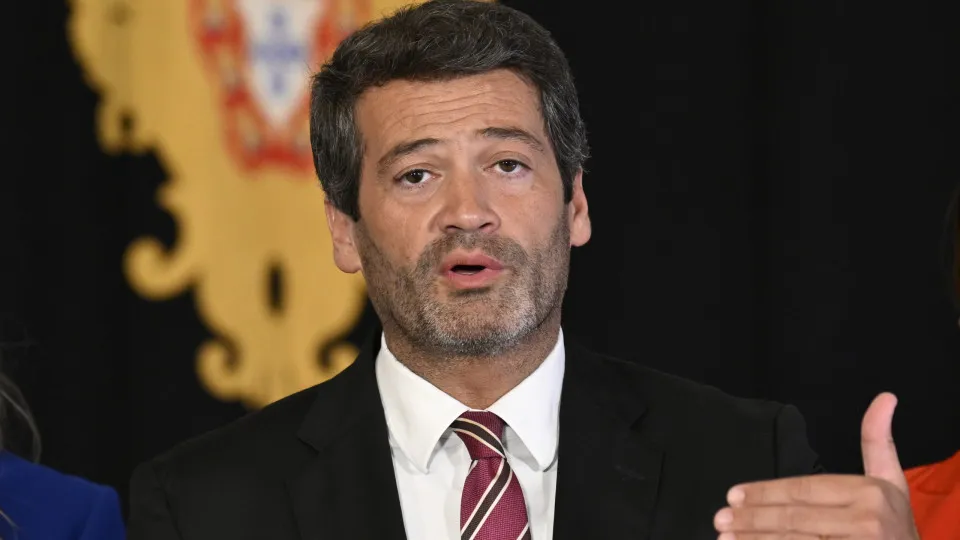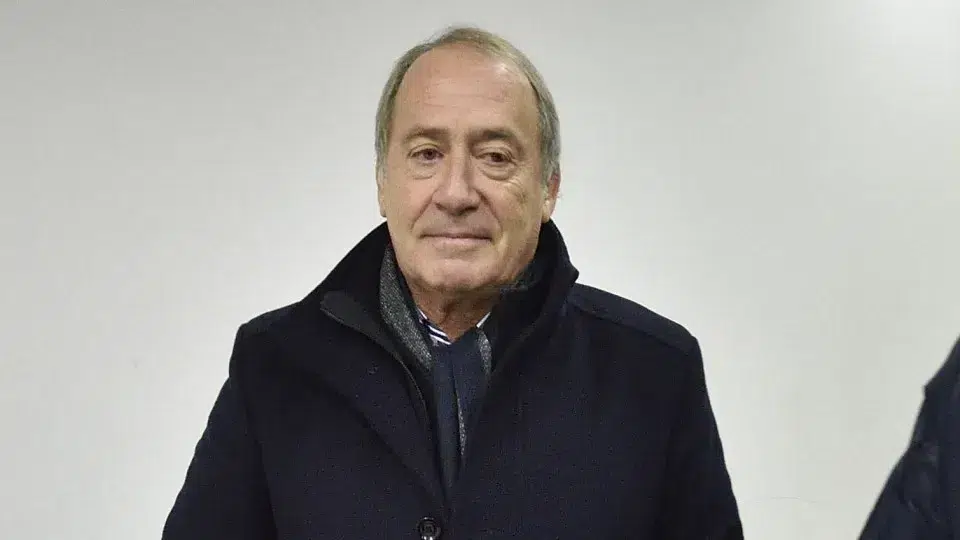
“No President or leader transforms a country alone,” said António José Seguro, urging democrats, progressives, and humanists to actively participate in the presidential elections, as “democracy is a personal responsibility, and Portugal deserves the best from everyone.”
António José Seguro was speaking in Aveiro during the presentation and discussion of the “Contract of Confidence” with the Portuguese for the presidential term. He embraces his socialist roots, representing a “moderate and modern left,” but emphasized his role as President for all. He recalled stepping away when he could have divided and now returns “to unite.”
The presidential candidate highlighted that democracy “faces new challenges, such as polarization, misinformation, and civic indifference,” declaring that democratic stability, institutional respect, and trust are threatened, especially in an era where “social media amplifies antagonism with falsehoods valued by algorithms.”
“We must take care of democracy and ensure that politics is a space of construction and hope, not fear or division,” he stated.
For António José Seguro, rebuilding trust between elected officials and voters is essential. He stressed the need to end discrimination against women and combat the emigration of talent, as “Portugal cannot settle for losing its best.”
If elected, he assured that he would not be a “day-to-day management President or one to maintain the status quo, but instead the President for a ‘new time,’ yet loyal and compliant with the Constitution.”
He pledged to provide the country with “stability, confidence, and direction,” noting that rejecting a budget does not necessarily mean dissolving parliament.
“I will be a close President, reviving the ‘open presidencies,’ working across all districts and regions, and attentive to Portuguese communities worldwide,” he added.
He presented himself as an advocate of the Welfare State, Health and Education for all, and the centrality of culture. He reaffirmed his commitment to Europeanism, “believing that common problems require common solutions and that nationalism is not the solution.”
“Deepening European integration is essential to tackle global challenges in security, economy, environment, and demographics.” He leveraged his European political experience to assert that he is the most qualified candidate at this level.
The presidential elections are scheduled for January 18, 2026.
This will be the 12th time, including the two rounds of the 1986 elections, that Portuguese citizens are called upon to choose the President of the Republic in a democracy since 1976.
Among others, António Filipe (supported by the PCP), António José Seguro (supported by the PS), André Ventura (supported by Chega), Catarina Martins (supported by BE), Henrique Gouveia e Melo, João Cotrim Figueiredo (supported by the Liberal Initiative), Jorge Pinto (supported by Livre), and Luís Marques Mendes (supported by PSD) have announced their candidacies for the presidential elections.
According to the candidacy portal of the Ministry of Internal Administration, there are 31 other individuals collecting signatures for a presidential bid.




